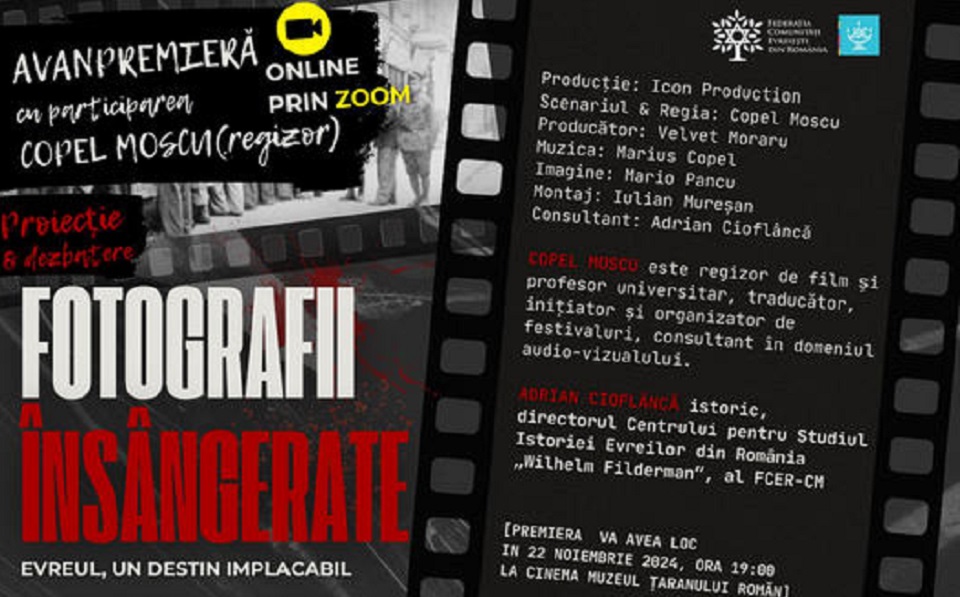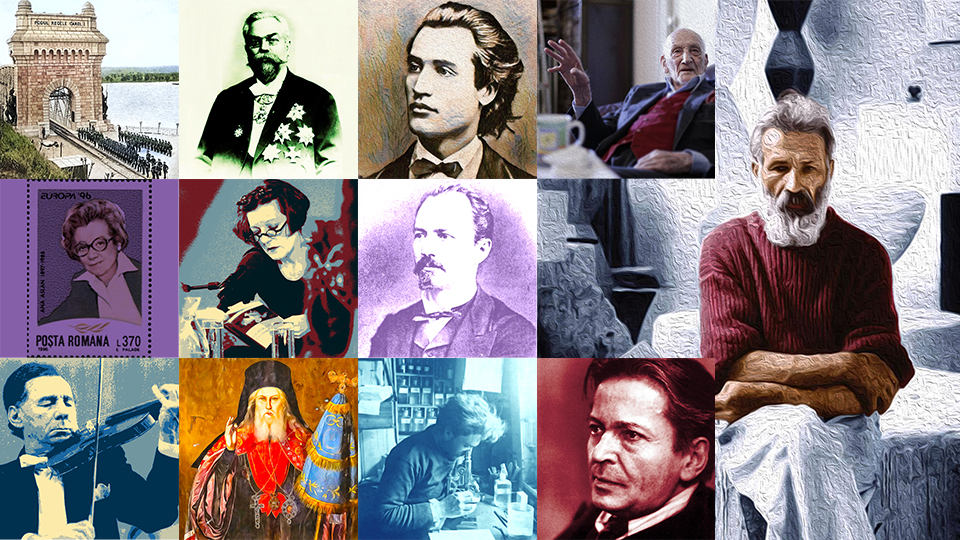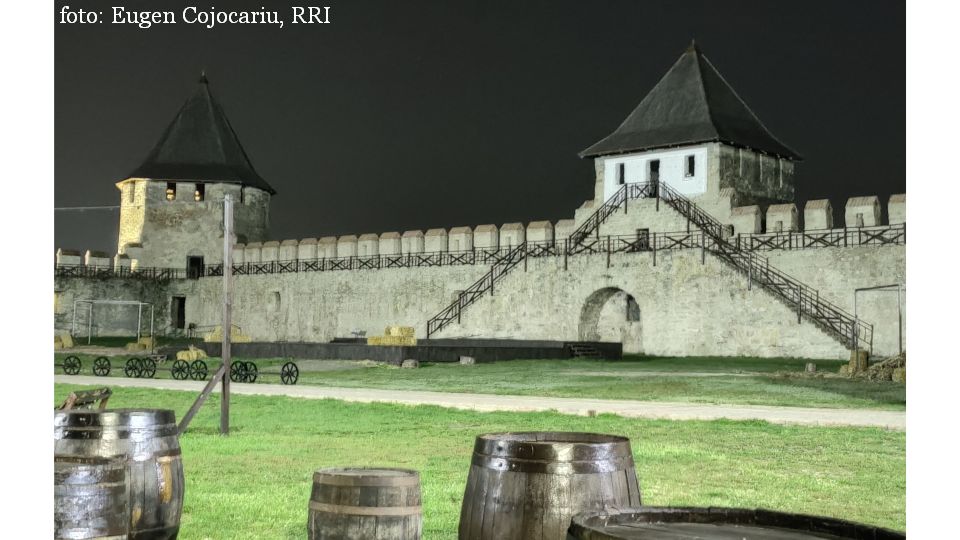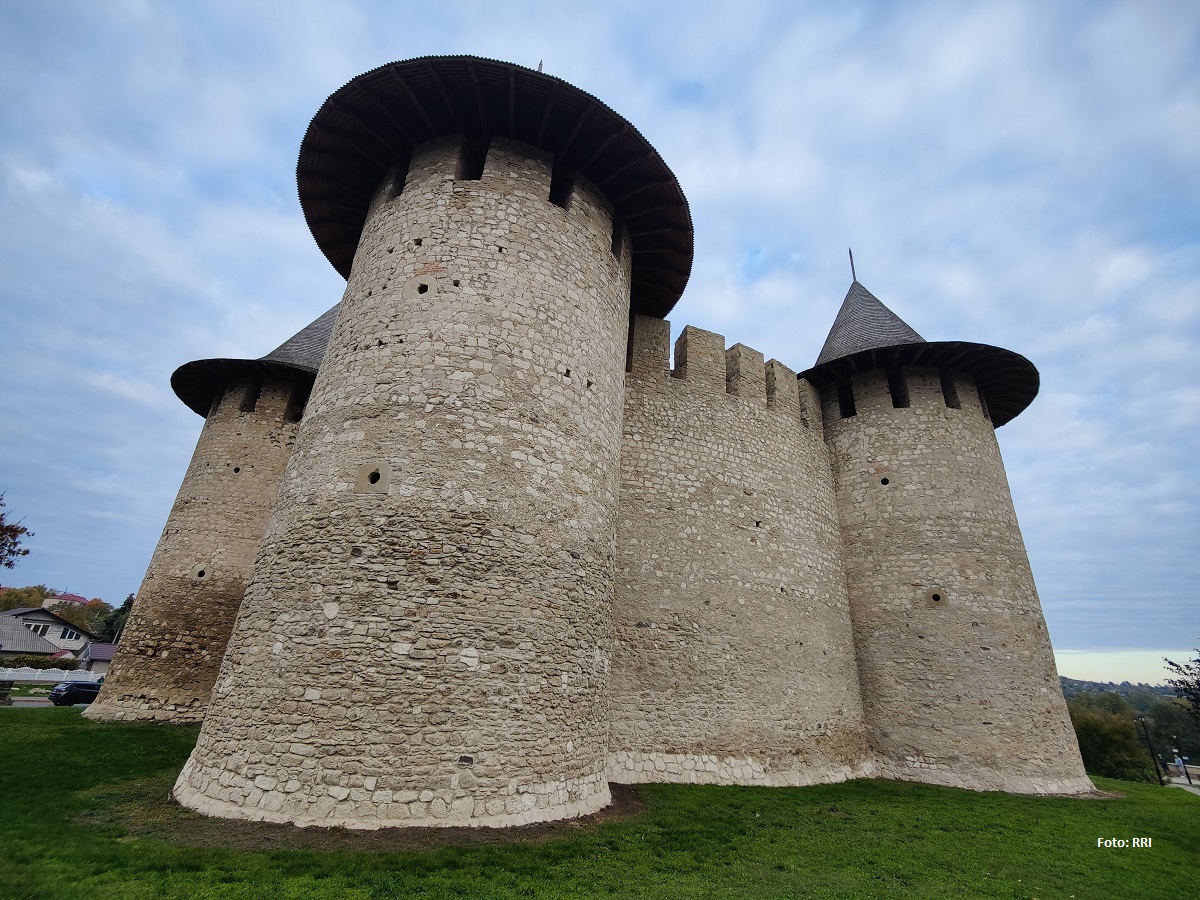Forerunners of neurosurgery in Romania
A presentation of the personality of Romania's great neurosurgeon and philanthropist, doctor Leon Sculy
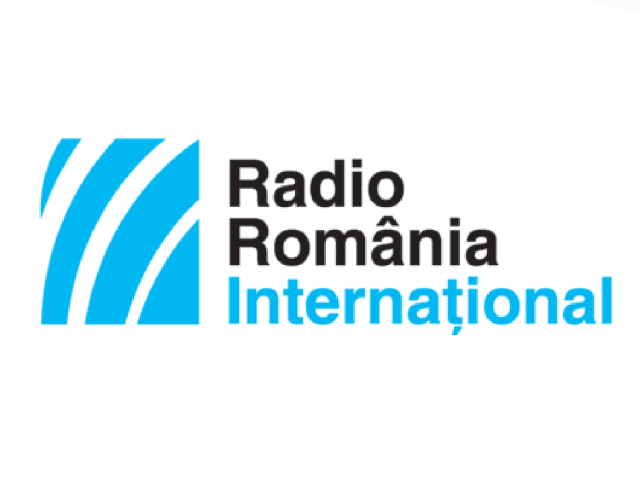
Christine Leșcu, 02.05.2020, 14:00
The
modernization of Romania’s medical school was made concurrently
with that of the entire society in the principalities of Wallachia
and Moldova towards mid 19th
century. The pioneers of this movement were initially foreign
doctors, but also Romanians who studied abroad, as was the case of
doctor Leon Sculy, one of the pioneers of surgery and neurosurgery in
Iasi, northern Romania and also the founding father of the local
faculty of medicine, whose first dean was.
When
this education institution was officially opened in December 1879,
Leon Sculy was teaching the anatomy course. Born in Piatra Neamt, in
1853, the future doctor came from a Greek family as we learn from
professor Richard Constantinescu, custodian of the Medical History
Museum with the University of Medicine and Pharmacy in Iasi.
Richard
Constantinescu:Leon
Sculy had another name – Logothetides,
or Logotheti in short. He had a brother and a sister. Interesting in
his case is the fact that along the years he had been depicted by
various acquaintances in opposite ways; he was either a good,
friendly guy or a tough one. His contemporaries described him as a
guy with a short fuse, difficult to get along with. In a text
published by the Iasi medical review, his collaborator doctor Paul
Anghel described him as ‘a nice middle-sized man with whiskers. He
was a stout man but with a strange gait pushing one of his shoulders
forward all of the time. He was smart and waggish.’ That was the
portrait he got from another fellow surgeon who was also a man of
letters. Leon Sculy trained as a doctor at the universities of
Montpelier and Paris. He took his PhD in France then he came back to
Iasi to become collaborator of professor Ludovic Russ, an Austrian
considered the founding father of surgery in Moldova. He was one of
the promoters of Romanian neurosurgery and had many operations on the
skull cap. He was one of those who introduced hygiene rules and used
the revolutionary X-rays to diagnose his patients. Leon Sculy had a
significant contribution to the introduction of several surgical
techniques in that Romanian province.
Besides
his medical activity Leon Sculy also got into politics and he became
an MP together with his brother, but he was mainly interested in
charity.
Richard
Constantinescu:
He was a great student supporter, deeply involved in university life.
I learnt from a paper published between the two world wars that part
of the Jewish community in Iasi, as a token of appreciation for this
doctor, planted several olive trees in Palestine in a park named
after him, Leon Sculy. I found this piece of information only in that
article and need to do some research to confirm it. He even used to
help his patients with money.
In a paper published in Iasi, one of his students who was ill in a
hospital in Ungheni thanked professor Sculy who came to visit him in
a carriage. The professor wouldn’t wait for the train and had to
cross the river in the carriage running the risk of getting drowned
by the heavy waters. His student was so impressed that he wanted to
thank his former professor in a newspaper. This practice of helping
the poor with money was common among the doctors of that time. They
used to place money under the pillow of their patients so that
relatives might
be
able to buy for them the medicine they couldn’t afford otherwise.
Although
people know very little about doctor Leon Sculy, he is still
appreciated at the Faculty of Medicine in Iasi.
Richard
Constantinescu: In
the Institute of Anatomy with the Medicine University in Iasi, there
is a bas-relief representing Leon Sculy and at the beginning of a new
school year, professors are referring to his personality in an
excursus on the history of this institution. They are mentioning Leon
Sculy as the first dean, the first professor of anatomy and pioneer
of thoracic and neurosurgery. His political and charity activities
are also being mentioned. So we can safely say that his biography
deserves being revisited. His brother Vasile had a mansion close to
Iasi, which he donated to the Romanian state in the First World War
to use it as a hospital for the treatment of typhus.
Pioneer
of neurosurgery, promoter of sterilization and antisepsis as well as
of hygiene as a means of fighting diseases, the
great philanthropist, doctor
Leon Sculy was also a passionate
collector.
An icon from his collection, featuring
Saint
Haralambie, traditionally known as ‘the plague healer’, has
recently been put up for sale.
(translated
by bill)

